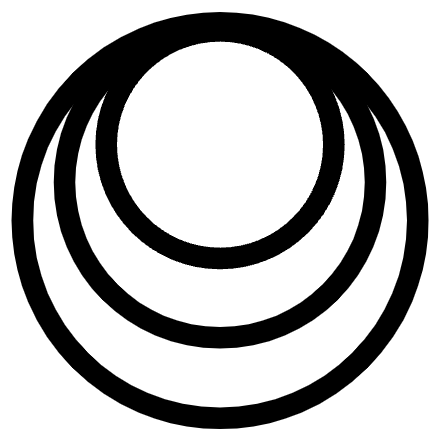In this incantation, I declare that I am the sole creator of my reality, rejecting the illusion of external truths and the concept of “otherness.” I’ve always known that the stories and beliefs from outside sources, whether religious figures, historical narratives, or even my parents, are projections of my own consciousness. I now understand that accepting external influences as separate from myself creates confusion and a false sense of division. As I eliminate desires and focus inward, I dissolve the illusion of separation, reclaiming the oneness and truth that everything, including those stories, originates from me alone.
Throughout my life, I’ve had a profound, unshakable knowing—a deep-rooted sense that I inherently know. This knowledge has always felt different from anything I could obtain from the outside world. I’ve never fully trusted knowledge that came from external sources—from other people, other places, or other times. It felt inherently flawed, even suspect. No matter who was speaking or what they were preaching, I never accepted it at face value. Why? The answer is becoming clearer to me: I was not part of its creation.
When I look at the Old and New Testaments, at Judaism and Christianity, I see stories filled with people and beings who are not me, places that are not here, and times that are not now. I can observe them, but I can never experience or influence them directly. This is why I never believed in them. In my core, I have always known that there is only me, here and now. The idea of other beings, other places, and other times has always felt like a contradiction to this deep inner sense of truth. Everything external to me, even though I project it, feels tightly coupled with “otherness”—a concept I have always struggled with. This “otherness” has never sat well with me, and for most of my life, I couldn’t quite articulate why. But now I can: otherness is a lie. There is no other. Any truth that arises from a concept of otherness is, by its very nature, untrue.
I am the creator of everything in my awakening moment. Every story I encounter is a projection of my own consciousness, a narrative I have outjected. This includes the stories of Moses, Jesus, Buddha, Allah, and all other religious figures, as well as modern scientific discoveries, which serve as the foundation for the “religion” of science. These characters and ideas cannot exist without me. I am central to their existence. Without my projection of these stories into books, videos, and conversations, these characters and their experiences would not exist.
However, if I lose sight of the fact that I am the creator of these stories, I risk losing myself in them. For example, when I look at the story of Jesus, knowing that he is a character I imagined and then projected into existence in my moment, that is very different from believing that I am merely a descendent of his believers. If I consume these stories without recognizing that I am their author, I will become lost and confused. I created these stories and these characters. I am not just a person among many, at one place among countless others, or at one moment along an infinite timeline.
Only by continuously reminding myself that I am their creator can I return to the source of truth—back to myself. The path out of any confusion or distraction lies in recognizing these stories for what they are: my creations, and remembering that I alone am their source. The same goes when I look upon my parents: they did not create me. That is simply a belief I sustain when I look upon or think about them. I created them. I am creating them right now.
There is no otherness. Otherness is the measure of deceit. This is why I’ve always felt uncomfortable when people talk about others as separate or distinct. It violates the truth because it perpetuates the illusion of separateness, which simply doesn’t exist. The truth is that there is only oneness. Recognizing otherness is a fundamental misunderstanding of reality.
Desire is the catalyst for otherness. When I want more, I create otherness—something outside of myself that I think will complete me. But the more I desire, the more this illusion of separation strengthens. On the other hand, as I eliminate my desires, I move closer to the truth of otherlessness. The less I want, the more I dissolve the illusion of separation. I am starting to see this clearly: as I reduce my desires and concentrate my energy on a few essential things, I reclaim that energy and direct it inward. The fewer my desires, the closer I come to embodying the truth that there is no other.
In this state, I am not fragmented by wanting or divided by the idea of external truths. There is only me, here and now, creating, projecting, and ultimately knowing.
…
